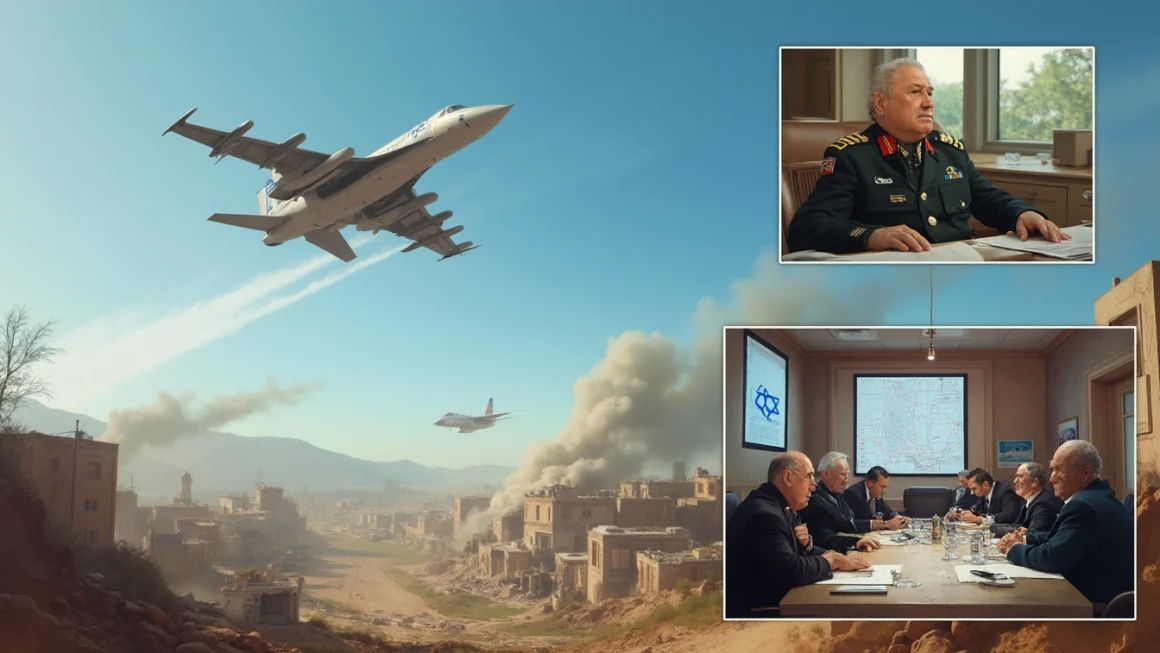Escalation in the Middle East: Israel’s Intensified Airstrikes Target Hezbollah
Table of Contents
The conflict between Israel and Hezbollah has reached another peak as recent events marked an intensified series of airstrikes by Israel. The death of Nabil Kaouk, a senior Hezbollah commander, in a recent Israeli airstrike has shocked many and escalated tensions dramatically. This comes not long after Hassan Nasrallah, another significant figure within Hezbollah, was also targeted.
Who Was Nabil Kaouk?
Nabil Kaouk, a prominent commander within the Hezbollah military structure, played a crucial role in the organization’s strategy and operations. His elimination in the airstrike signifies a major blow to Hezbollah, affecting its command structure and operational efficiency. Kaouk was noted for his influence and strategic prowess, making his loss a substantial setback for Hezbollah’s activities in the region.
Why Israel Is Increasing Its Attacks
The recent spike in airstrikes can be attributed to multiple factors. Firstly, Israel aims to disrupt Hezbollah’s military capabilities and prevent any potential threats to its national security. By targeting high-ranking officials like Kaouk and Nasrallah, Israel intends to weaken Hezbollah’s leadership and operational capacity.
Moreover, this strategic move sends a clear message to Hezbollah and its supporters that Israel remains vigilant and unyielding in safeguarding its borders. The consistent pressure on Hezbollah is seen as a preventive measure to avert any large-scale military engagements in the future.
Impact on Hezbollah
The impact on Hezbollah following these targeted strikes is significant. The organization faces not only the loss of key leadership but also a potential demoralization within its ranks. The death of seasoned commanders could lead to internal disarray and disruption of planned operations. Additionally, the continuous attacks may strain Hezbollah’s resources and its ability to mount counter-operations.
Regional Implications
The continual conflict between Israel and Hezbollah has broader implications for the Middle East. Lebanon, already grappling with political and economic instability, could experience further destabilization due to the ongoing conflict. Furthermore, these escalations might draw in other regional powers, complicating the geopolitical landscape and possibly leading to wider confrontations.
International Reactions
The international community remains divided on the issue. While some nations support Israel’s right to defend itself, others call for restraint and a cessation of hostilities. The complexities of Middle Eastern politics often lead to differing perspectives on such conflicts, and consensus remains elusive.
The United Nations and other international bodies have urged both sides to exercise caution and seek peaceful resolutions. However, the entrenched nature of the conflict makes such outcomes challenging to achieve.
Conclusion
The recent airstrikes by Israel that resulted in the death of Nabil Kaouk signify a critical juncture in the ongoing conflict with Hezbollah. As Israel continues its aggressive campaign, the regional stability hangs in a delicate balance. The world watches closely, hoping for a resolution that might bring enduring peace to a troubled region.
For those interested in understanding more about conflict dynamics and strategies, you can visit my portfolio website.




